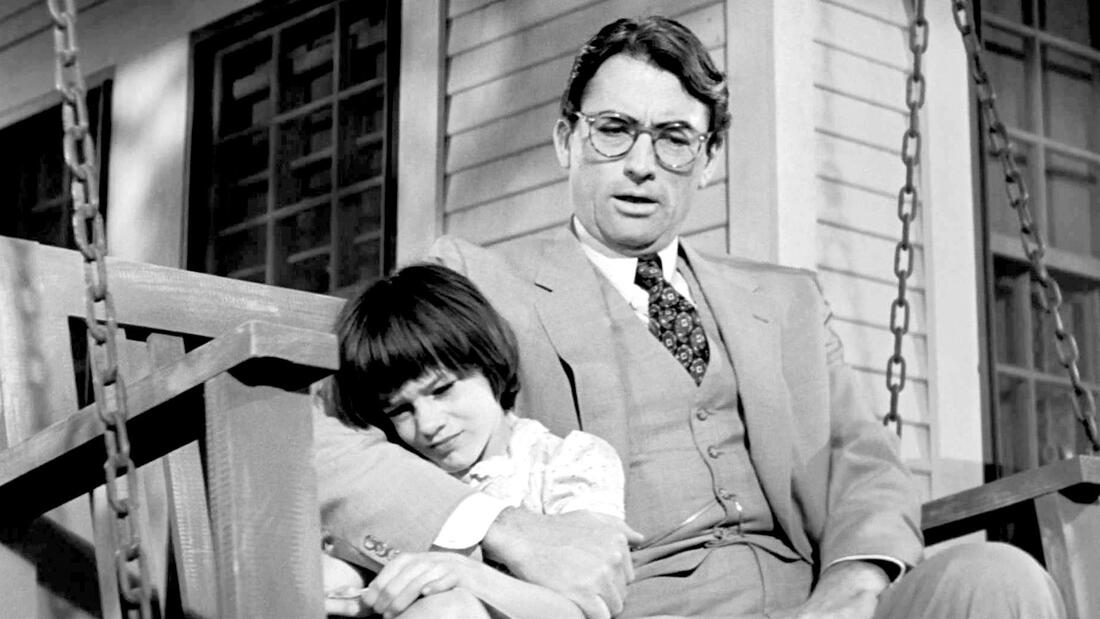|
by Julian Spivey Last year I embarked on a movie challenge in hopes of seeing some films I’ve never seen and more importantly opening myself up to some kinds of films I likely would never see. The premise is that you have 12 months to watch 12 movies recommended by 12 friends. I don’t often participate in such social media challenges but being a movie buff, I felt this might be an interesting way to get out of my comfort zone a bit when it comes to watching movies. Like in 2023, I have some movies on the list that I’ve always meant to get around to watching but haven’t – most notably the 1962 classic “To Kill a Mockingbird,” which I think I saw the first half of in school but was absent on the day it finished. And there’s some stuff I probably never would’ve gotten around to like Andrzej Wajda’s 1958 Polish film “Ashes and Diamonds.” As I did last year I will write about my thoughts and feelings on each of these films after I have viewed them. Here are the 12 movies recommended to me and the months I’ve assigned myself to watch them: January: “The Wonder” (2022) February: “To Kill a Mockingbird” (1962) March: “Dreamgirls” (2006) April: “Harry Potter and the Prisoner of Azkaban” (2004) May: “21 Jump Street” (2012) June: “Mamma Mia” (2008) July: “City of Angels” (1998) August: “Fried Green Tomatoes” (1991) September: “Ashes and Diamonds” (1958) October: “Clue” (1985) November: “The Intouchables” (2011) December: “The Agony and the Ecstasy” (1965) I have to thank my friend Tim for finally forcing me to watch the absolute 1962 film classic “To Kill a Mockingbird,” which I had managed to somehow put off for 20ish years despite being near the top of my “classics to watch list.” In the year-plus of folks recommending movies for me to watch every month, director Richard Mulligan’s film, which was nominated for the Best Picture Oscar (but lost, understandably, to David Lean’s “Lawrence of Arabia”) is the best one I’ve seen yet. I had read Harper Lee’s novel To Kill a Mockingbird in I believe seventh grade and the class watched the film – I missed the second half of the film as I was absent for some reason. So, all these years later I had never seen the entire film, despite considering myself a so-called classic film buff. Again, thanks, Tim. “To Kill a Mockingbird” is the coming-of-age tale of young Scout Finch (Mary Badham) and her older brother Jem (Phillip Alford) in small-town Alabama in the times after the Great Depression. The first half of the film pretty much finds the siblings living in the typical small town, young kid pre-advent of technological advances like television, etc. life where most of their days, especially during the summer, were spent playing outside. It eventually turns into courtroom drama featuring the children’s father Atticus Finch (Gregory Peck) who is tasked with trying to free a black man, Tom Robinson (Brock Peters), who has been charged with raping and assaulting a white woman. This move from an idyllic childhood story to courtroom drama can make the film feel a bit disjointed, but it’s all part of the “coming of age” aspect of the children realizing the world isn’t quite the fun playground they’ve previously seen it to be. The film has narration from an adult Scout, which I think works well for it (I know some movie viewers aren’t a fan of narration in general), and helps remind us it’s the story of her childhood and of how she views her father. But once the film goes into the courtroom aspect, which was my favorite part of the film, it almost switches viewpoints from coming from Scout to coming from a spectator in the courtroom. It’s not a bad thing, but once again gives a bit of that disjointed feeling. Peck won the Best Actor Oscar for his role as Finch, which would go on to become ranked by the American Film Institute as the No.1 hero in American film history, and I can understand why. At times in his career, Peck could be a very wooden actor. One that doesn’t necessarily show a whole lot of emotion. But here it almost works for the Atticus Finch character, a man who doesn’t waiver when it comes to his morals. A man who will stand up for the underdog, no matter what his fellow townsfolk think of him for doing so. It's the kind of character I’m a sucker for and always have been – like James Stewart’s Jefferson Smith “Mr. Smith Goes to Washington” before it or Martin Sheen’s President Jed Bartlet in the television drama “The West Wing” many decades after. Sometimes there are small things about films that just blow me away and one of those things about “To Kill a Mockingbird” was the beautifully crafted title sequence put together by Stephen Frankfurt.
0 Comments
|
Archives
July 2024
|
